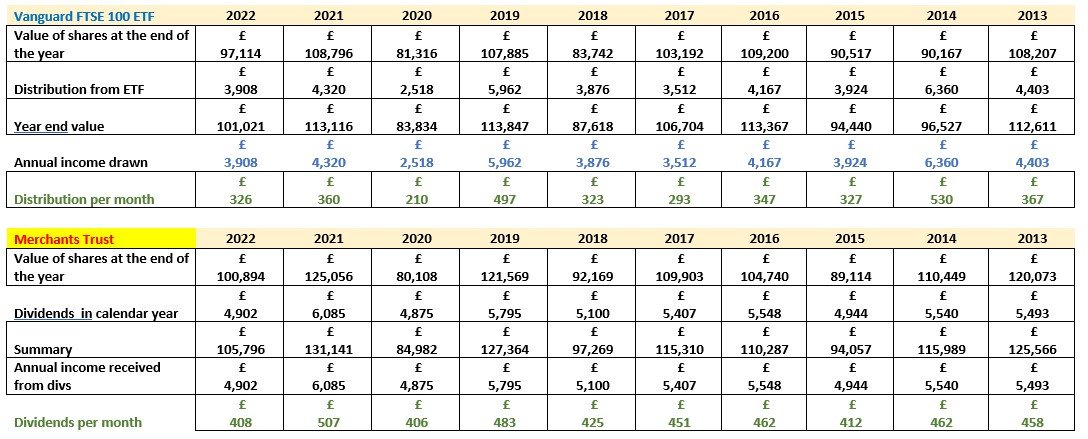Dirt cheap passive tracker, versus active: the reality, not marketing hype
by Doug Brodie
It’s the Gabby & Kenny show
Here’s the thing, you and I have long heard the figure of 21% of all men show evidence of prostate cancer in autopsies so I have nothing to add. Apart from that I have just heard from yet another of our clients that he has that cancer and is having his prostatectomy next week. Two of our directors have it, one treated with brachytherapy, the other currently under active surveillance.
If our overall objective is to help our clients have anxiety free retirement, you need to get checked now, if you haven’t already – the frequency of high grade prostate cancer doubles every ten years. Kenny Logan was diagnosed when he was 48, he and wife Gabby are wonderfully human and articulate about dealing with it, and everything that happens. https://www.youtube.com/watch?v=VMrr5Mmalus
Here’s the link to their podcast: https://apple.co/3morJOA.
I don’t intend to bring this up again, and I do hope you get this part of your retirement correct. We’d love to chat with you if you’re affected, give me a call, I’m the one with ‘active surveillance’. It’s good to talk.
Dirt cheap passive tracker, versus active: the reality, not marketing hype.
The word of the decade for us is ‘agnostic’. We have no affinity with any investment manager, any fund, any product provider. We are free to select solutions from the entire regulated universe, and we do. We currently have money with 47 different fund managers, including circa £15m with Vanguard in their trackers, sitting on twelve different platforms. We like our independence as it means nothing is held back from you, our clients.
If you’re a current client, then you have seen the bones of our research – we show every client each investment we select and show them the innards of those to understand precisely where each £1 of income comes from.
In January this year, Kseniia, our Ukrainian analyst, ran comparisons over the last ten calendar years of the Vanguard FTSE tracker (cost 0.09% pa) versus a unit trust JO Hambro UK Equity (cost 0.67% pa) versus the Merchants Trust (cost 0.61%).
Kseniia ran two scenarios, both covering 2013 to 2022:
The first scenario:
Invest £100k on 1st January of each year:
a) draw 4% of the fund value for income by selling the tracker shares; or
b) take dividends from the trust, and see what the capital value and income is for each of the ten years individually.
Over the ten years, using total return and selling the FTSE generated £42,950, whereas Merchants Trust paid out a total of £53,687, 25% more. Not just that, but in 9 out of 10 years, the trust still had a higher capital value at the end of the year.
The second scenario:
Invested £100k on 1st January 2013 and simply let it compound, untouched, for ten years to 31 December 2022. The income from the tracker this time was taken as a flat £4k each year drawn by selling shares.
At the end of ten years (including the covid crash) the Vanguard tracker capital value was £77,575 and Merchants was £138,830, 78% more. For you as an income investor, there was £40k generated from Vanguard whilst the Merchants dividends totalled £59,461, a sum 48% higher than that drawn at a £4k flat rate from Vanguard.
This is just one trust: it’s a specialist income trust. We ran the numbers on various assets and got different answers depending on the objective of the trust. For example, Alliance Trust’s capital growth focus turned £100k into £258,900 over the period – excluding all dividends – which is 113% more than the low cost Vanguard tracker produced.
The theory of low cost and passives suits tactical allocations for pension funds, not pensioners. A Ferrari and a Mini are both cars, but they are not designed for the same driving. So it is with investments.





